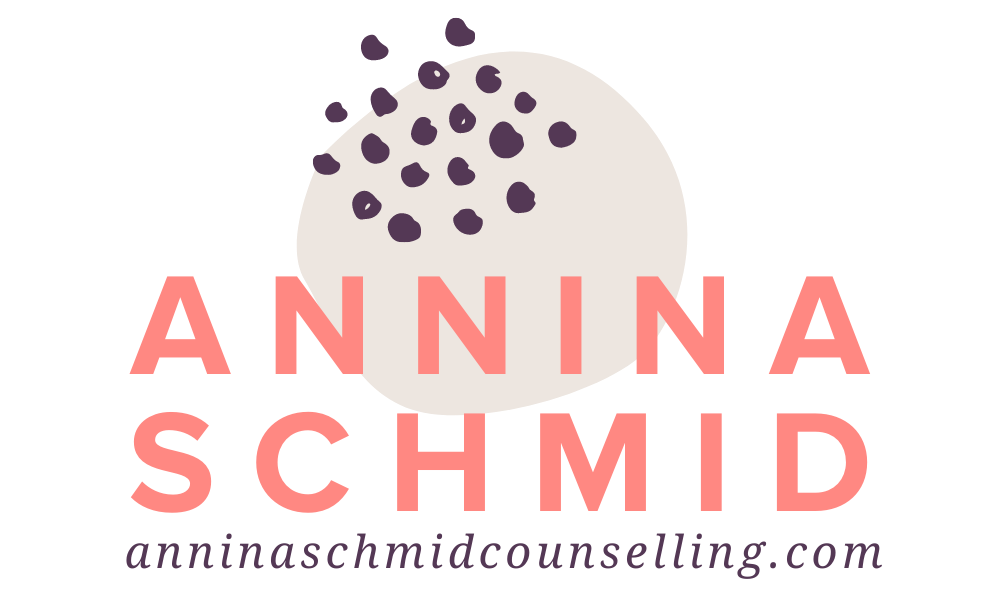Recovery is easier with supports - when was the last time you took the time to show your partner, friends, and family how much you appreciate their help?
Here are 21 easy, free, and meaningful ways to let them know that their presence is making a difference:
Tell them exactly what was helpful or meaningful
It can be very pleasant and validating to hear what exactly was helpful about what they did or said, rather than a generic thank you. This has the added benefit that they might do the same thing again in the future. ;)
Call, text, or email them what was helpful or meaningful
Send them a cute e-card
Lifewire has a neat little list of the ten best services for free e-cards.
Write a handwritten card, letter or note and deliver it
Sometimes it’s just easier to gather your thoughts in writing.
Take a task off their hands
Bonus points for less pleasant tasks. :)
Ask if they would like a hug or kiss as a thank you
Only if you’re comfortable with that, of course!
Write them a list of things you admire about them
Draw, paint or craft them a little piece of art with supplies you already have
Pick them up from the airport, train station or subway stop
Just because. <3
Surprise them with a tea or coffee
Homemade = free of charge!
Take them on a nice walk
Extra points for planning a special route ahead of time.
Make them a playlist
Slant has a roundup of the best online platforms to make music playlists.
Lend them your favourite books to read
Bite your tongue next time you’re about to say something mean
Apologize for saying or doing something unkind next time it happens
Apologies for older offences are always appreciated, too, if they’re still on your mind.
Surprise them with a fun idea for your next outing
Tidy up, do the dishes, wash the windows
Do their laundry
Be sure to read the care instructions, though! Here’s a guide on how to do laundry, if you’re new to this.
Next time you’re feeling low, reach out to them instead of isolating yourself
Showing trust is a huge compliment!
Listen to them
When you get a chance in a conversation, make a point of simply listening to and validating them - without giving advice. See what happens!
Ask them what you could do that would be helpful to them
Always a winner!
